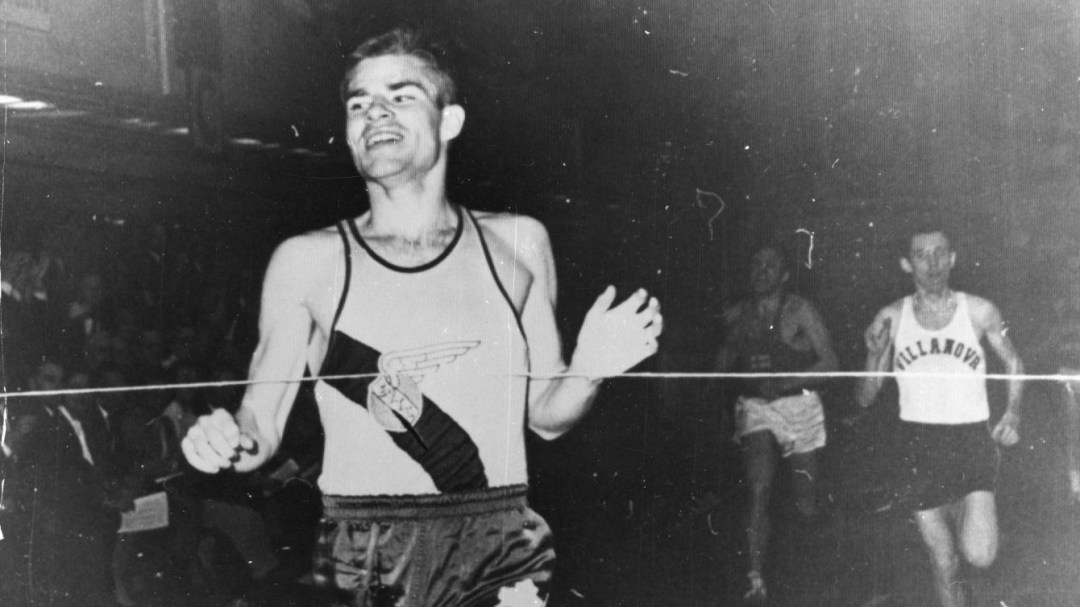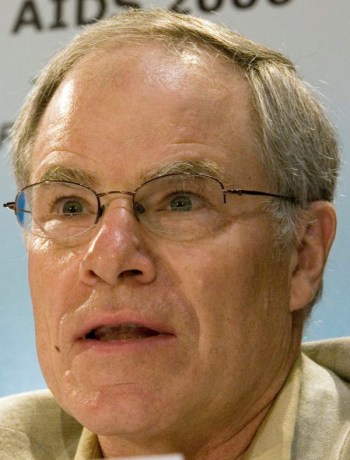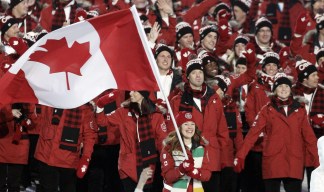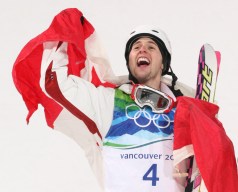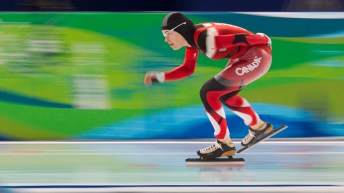Bruce Kidd
Biography
Canadian distance runner Bruce Kidd represented Canada at Tokyo 1964 not advancing out of the first round of the 5000m, was 26th in the 10,000m and although entered, he did not start the marathon. A two-time British Empire and Commonwealth Games medalist, Kidd won gold in the six miles and bronze in the three miles in 1962.
Kidd was a sensation on the North American track scene in the early 1960s. In 1962, he beat Rome 1960 Olympic 5000m champion Murray Halberg of New Zealand. He won 18 national senior championships in Canada, the United States and Britain. Joining the East York Track Club in 1958, by the next year Kidd set Canadian records in the two and three mile races. Along with Canadian teammate Bill Crothers, Kidd quickly rose to the top of the athletics world. Partly responsible for the resurgence of track and field in Toronto, Kidd also resurrected the Telegram Maple Leaf Games in Toronto in 1963 after 27 years.
After his disappointing results at Tokyo 1964 and persistent injuries, Kidd retired from competition. He pursued a career as a sports academic, athlete’s rights advocate and a sports historian. Kidd received his Bachelor of Arts in Political Economy in 1965 from the University of Toronto, a Master’s Degree in Adult Education from the University of Chicago, Ph.D. in History in 1990 from York University and honorary doctor of laws from Dalhousie University. He joined the University of Toronto’s department of Physical Education in 1970, and was appointed Dean of the faculty in 1998. Kidd established the first gender equity program in varsity sport at the University of Toronto, was co-founder of the Canadian Sport Development Program, (now the International Development through Sport (IDS) unit of Commonwealth Games Canada), and was active in the campaign to bring sports under the Ontario Human Rights Act. In addition to his teaching, writing, and research, Kidd became a fervent advocate for the elimination of racism and sexism in sport.
Kidd was named the Canadian Press Athlete of the Year in 1961 and 1962 and awarded the 1961 Lou Marsh Trophy as Canada’s country’s outstanding athlete. He was inducted into the Canadian Olympic Hall of Fame (as an athlete) in 1966, Canada’s Sports Hall of Fame in 1968, University of Toronto Sports Hall of Fame in 1988, and Canadian Olympic Hall of Fame (as a builder) in 1994. In 2004, he was made an Officer of the Order of Canada for having “devoted his life to eradicating sexism and racism in sporting communities around the world.”
Olympic Highlights
| Games | Sport | Event | Finish |
|---|---|---|---|
| 1964 Tokyo | Athletics | 10,000m - Men | 26 |
| 1964 Tokyo | Athletics | 5,000m - Men | - |

